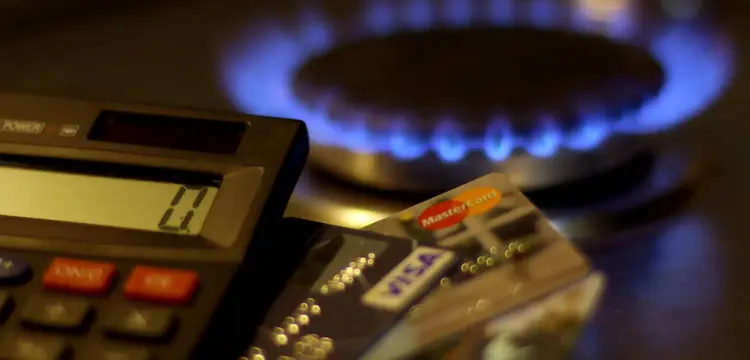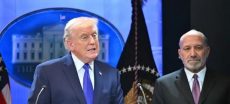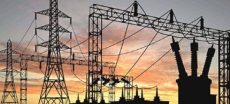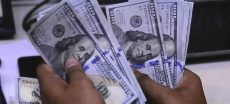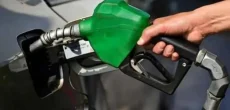The government has increased gas tariffs for the general industry, including the textile sector and captive power plants, in a bid to secure a new bailout package from the International Monetary Fund (IMF), according to sources. The gas price has been raised from Rs2,750 to Rs3,000 per million British thermal units (mmbtu), effective immediately. This move is expected to significantly boost the revenue of the Sui Southern Gas Company (SSGC) and Sui Northern Gas Pipelines Limited (SNGPL), adding an estimated Rs92 billion annually. As a result, the combined revenue of the two companies is projected to reach Rs1,029 billion, surpassing the previous target of Rs898 billion.
The government has also planned a further increase in gas prices for the general industry in January 2025, in line with another IMF requirement. This second hike is anticipated to generate an additional Rs40 billion, bringing the total revenue from the two increases to over Rs132 billion. In addition to the tariff hikes, the IMF has demanded the withdrawal of captive power plants from the national gas grid by January 2025. Future gas rates for these plants will be adjusted to match the rates of Regasified Liquefied Natural Gas (RLNG), further aligning with IMF directives.
Read More: Anwar Maqsood Jokes Pakistan’s Defeat Against USA Must Be an IMF Condition
Finance Ministry officials have assured that the existing gas rates for consumers outside the general industry will remain unchanged. This decision aims to mitigate the impact on residential consumers and other sectors not covered by the recent increases. In another development, the government increased the petrol price by Rs7.45 and the diesel price by Rs9.56 per liter at midnight on June 30. The Ministry of Finance, in a notification, stated that “the prices of petroleum products have seen an increasing trend in the international market during the last fortnight.” The Oil & Gas Regulatory Authority (OGRA) has worked out the consumer prices based on the price variations in the international market.
These measures, including the gas tariff hikes and petroleum price increases, are part of broader efforts to meet IMF conditions and stabilize the country’s economy amidst ongoing financial challenges.

